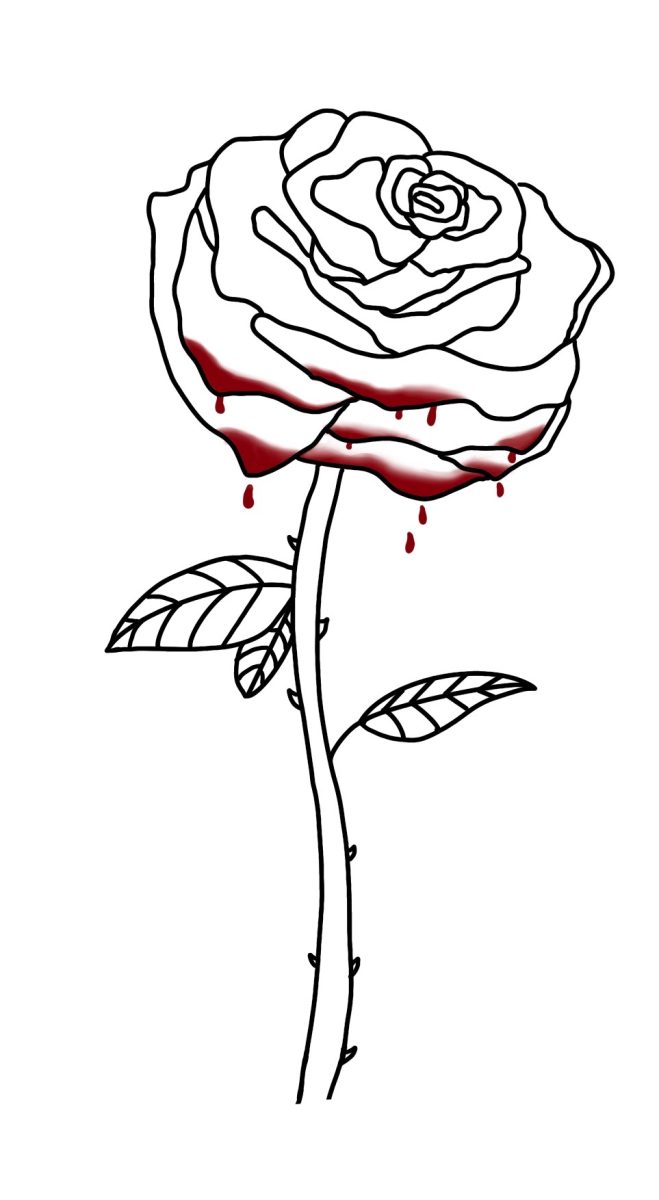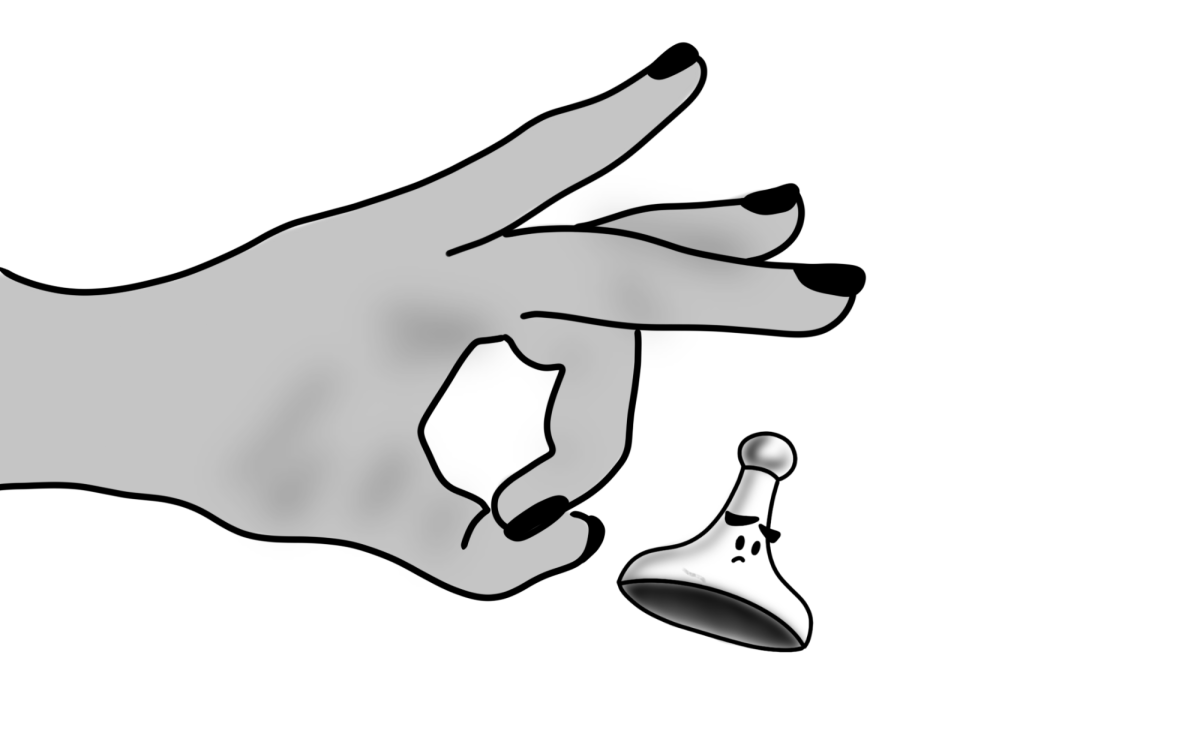Remember when Kony 2012 was a thing?
The craze lasted a few weeks — some t-shirts were sold, a club was formed, a couple of posters were put up around school. Then the film’s director got caught masturbating in public and we all went back to ignoring the plights of the African child soldiers, hoping our Facebook posts and vocal support were enough to quell our heavy consciences.

Just as the director feared, my anger slowly evaporated until it had dissipated entirely. I was horrified at my inability to stay angry, at my emotional equivalent of ADD.
Many are taught to swallow down their anger and frustration long before they are taught other outlets for it. For me, forgiving has become a knee-jerk reaction, a way out of a problem that is more efficient and less uncomfortable than dealing with actual confrontation. The episodes of girl-drama, the supposed hatred of a parent, an argument gone too far with a loved one — all seemed like a waste of time and energy. I, put simply, have always considered anger a wasted emotion.
This tendency to forgive and forget all too quickly may not seem like a fault. But I assure those who, like me, forgive too easily, or in some cases before sins have even been committed, that we are not in the right.
Even if I consider fighting pointless, knowing nearly every conflict will eventually be forgotten, laughed about, and shrugged off, skipping the messy part to get back to normal comes with a heavy price: complacency.
After all, the pit in my stomach that comes with every conflict, that dull ache of injustice that takes away my appetite, comes with a power and a purpose. Anger is not, as I previously thought, pointless — it is just all too often misused.
In 2007 and 2008 as Barack Obama campaigned for his first term in office, he was angry about Guantánamo Bay, and vowed to close it — a task apparently easier said than done. Now, five years later, we rely on the prisoners to starve themselves and protest in the name of publicity, to sacrifice their well-being to regain our attention.
Two weeks ago, Guantánamo prisoner Samir Naji al Hasan Moqbel had an Op/Ed piece published in the New York Times about his experiences being force-fed, about the pain that comes with his perceived injustice of his detention. He concluded his piece with a plea: “I just hope that because of the pain we are suffering, the eyes of the world will once again look to Guantánamo before it is too late.”
So while the American people, let alone the current President of the United States, couldn’t stay mad, those prisoners sure did. Yet their anger is not enough, as they rely on their protests striking a chord with enough people to enact real change.
For the first time in my life I am pleading with those, the ones like me who most often choose to forgive, to stay angry. To stay mad. To let that nagging voice take over, to sucummb to the gnawing sting of unfairness. To use that anger to further progress. It’s high time I do the same, as well.
There is a line that must be drawn — I do not advocate the practice of holding grudges, or expressing anger simply for anger’s sake. But anger as a catalyst for change is well worth the awkwardness and pain of confrontation.
It’s more comfortable to let the horrors of the world drift to the back of my mind, to accept the reality that I can’t solve every problem, so I might as well focus on leading my own small life.
But that is weak, small-minded thinking that this desperate world can no longer afford.






